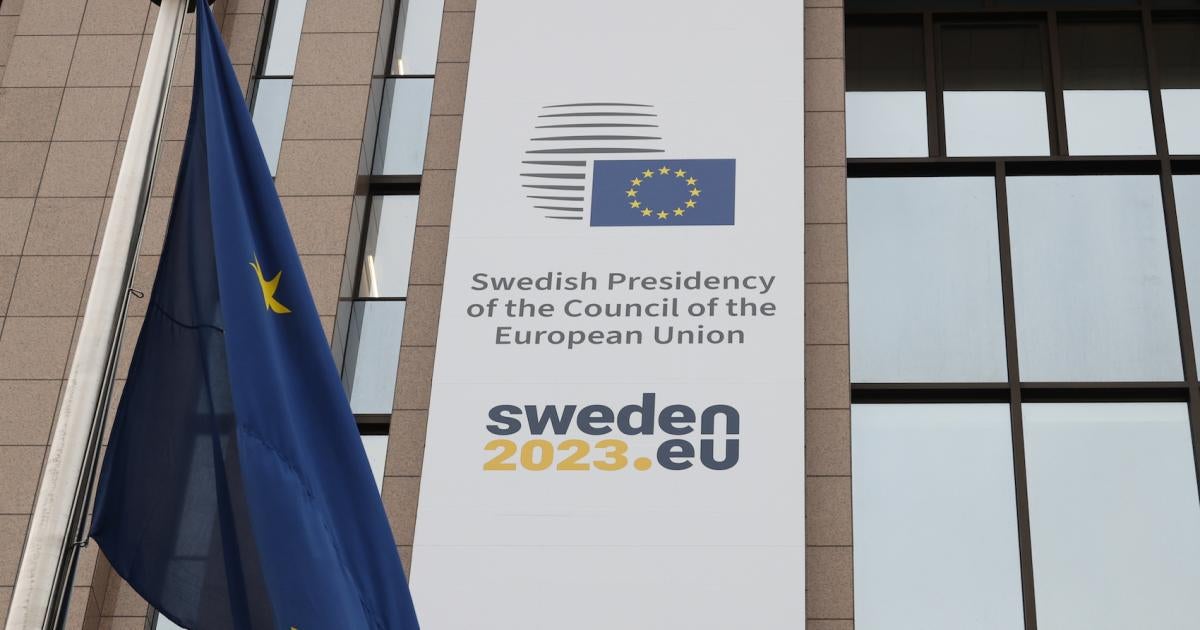|
Getting your Trinity Audio player ready...
|
European governments’ obsession with curbing migration is poisoning an ever-growing number of European Union external policies. The next policy at risk is the Generalised Scheme of Preferences (GSP), which grants low- and middle-income countries preferential trade access to the EU market as a way to foster poverty reduction and sustainable development.
The scheme has also given the EU considerable leverage to urge GSP beneficiaries to address shortcomings in their human and labor rights and environmental conditions, by linking them to trade benefits.
The GSP regulation expires on December 31. But negotiations for a more ambitious one are stalled over the EU Council’s and Commission’s attempts to insert an immigration component. Specifically, they are trying to introduce a provision allowing the EU to withdraw a country’s trade benefits if the country fails to cooperate on returns and readmissions of its own nationals deemed to be illegally present in the EU. The European Parliament, a co-legislator on the file, vehemently opposes this provision, as do human rights groups.
Besides the countless ethical arguments and its questionable compatibility with World Trade Organization rules, what is most surprising is the council’s blindness to its counterproductivity. Inasmuch as it fosters human rights progress, jobs creation, and environmental disaster reduction, the GSP contributes to tackling several “root causes” of migration. As such, the scheme’s continuation and expansion should appeal to even the most anti-migration European officials.
It is also appalling how the EU could even consider pushing such an unpalatable proposal to countries from the “Global South,” especially at a time of growing geopolitical competition with China and others. While the scheme plays an important and at times vital role for several developing economies in Central, South, and South-East Asian countries, GSP-related trade with African countries is by and large negligible, often to the point that further strings attached could make it completely unappealing to them.
The next June 12 round of interinstitutional negotiations (“trilogue”) on the legislative reform will be key to determining its fate. There are only a few days for the EU Council to show that its actions are not driven by paranoia, and to secure the adoption of a GSP that serves sustainable development goals.



